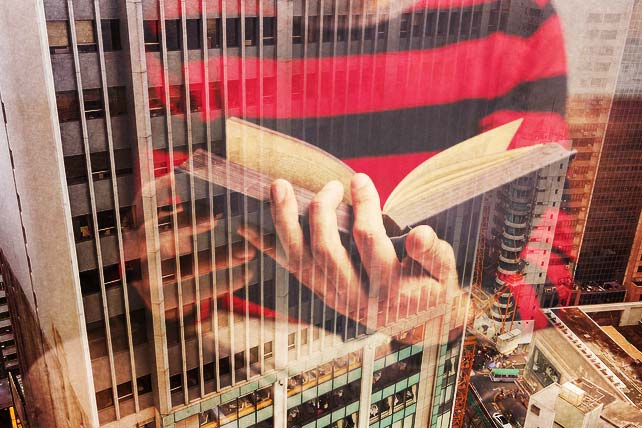A lot of people were shot to death in Chicago over a recent holiday weekend. A whole lot more were shot and survived. I won’t mention how many suffered because the numbers are obscene and the individuals who died deserve more than our passing obsession. Even a city that is accustomed to violence and death feels this weight.
I sat in two different rooms yesterday with veteran community leaders who have lived with death for a long time. These women and men whom I respect and look to for direction sighed heavily and paused longer than normal as they mentioned the weekend’s shame.
There’s a question that comes up during these moments, sometimes spoken and often implied: Why not give up? The pastors, organizers and neighborhood leaders I spend time with don’t have to give themselves to this work of compassion and justice. They could do other things. They could pursue jobs with observable metrics of success.
I don’t know how most of these folks would answer the question, but it’s been important that I have a way to answer—something that makes sense of these heavy and sad days while providing the rationale to stay present in the city.
In The Meaning of the City (1970), Jaques Ellul makes the theological point that the city is the systematized and entrenched sin and rebellion humanity experiences on an individual level. That is, the curse of sin that we each know is writ large in the city, something to which we contribute and by which we are destroyed. We may search for solutions for the city’s problems, but “while the search is going on, the vampire does its work and calls for more fresh blood. And new throngs of men take up residence under the rule of the curse.”
There has recently been a return to American cities by young people—white, mostly—who are reversing the migrations of their parents and grandparents. They are, as best I can tell, interested in what the city has to offer by way of experience and opportunity. The Christians among them often want to show compassion to those on the margins of the city. Both groups, according to Ellul, misread the city and its designs. The city is not neutral. “[W]e must admit that the city is not just a collection of houses with ramparts, but also a spiritual power.” The new urban dwellers can miss how cities intend to (de)form them.
Some of Ellul’s readers mistake him for being a pessimist, but that’s incorrect. Toward the end of the book, after showing again and again how the city opposes God’s intentions for the flourishing of all people, Ellul reminds the reader that the Bible ends not with a return to a garden in Eden but in a city.
God involves himself in an adventure completely different, for from this very city he is going to make the new Jerusalem. Thus we can observe God’s strange progress: Jerusalem becomes Babylon, Babel is restored to the status of a simple city, and this city becomes the city of the living God. [Emphasis mine.]
This is, of course, the Gospel: Rather than requiring humanity’s return to Eden, God inhabits our systems of rebellion and allows them to run their natural and violent course over his sinless body. His sacrifice makes real a future where our embodied collusion against God becomes God’s dwelling and ours.












